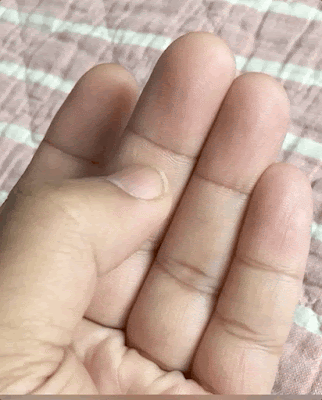Is a gun a gun when no one pulls its trigger? Reflections on the Endnote from Orlikowski 2000, Org Science.

This is the paper to which I am referring in this post. Orlikowski, W. J. (2000). Using technology and constituting structures: A practice lens for studying technology in organizations. Organization science , 11 (4), 404-428. In the endnote of this paper, Orlikowski recounts an interaction with one of the anonymous referees for the paper where the question from the title of this post is posed. Orlikowski asserts that recognition of an object as a gun is culturally specific, members of a society in which nobody has ever used a gun would have no basis for recognizing an object as a gun. She poses a remote tribe in the Kalahari as an example. Knowledge of an object, she contends, comes primarily from its use. This got me thinking about objects about which society primarily possesses knowledge derived not from use, rather from designs, specifications, manuals, and other texts. Orlikowski refers to technological artifacts, and I'll take that as a cue to focus o...
